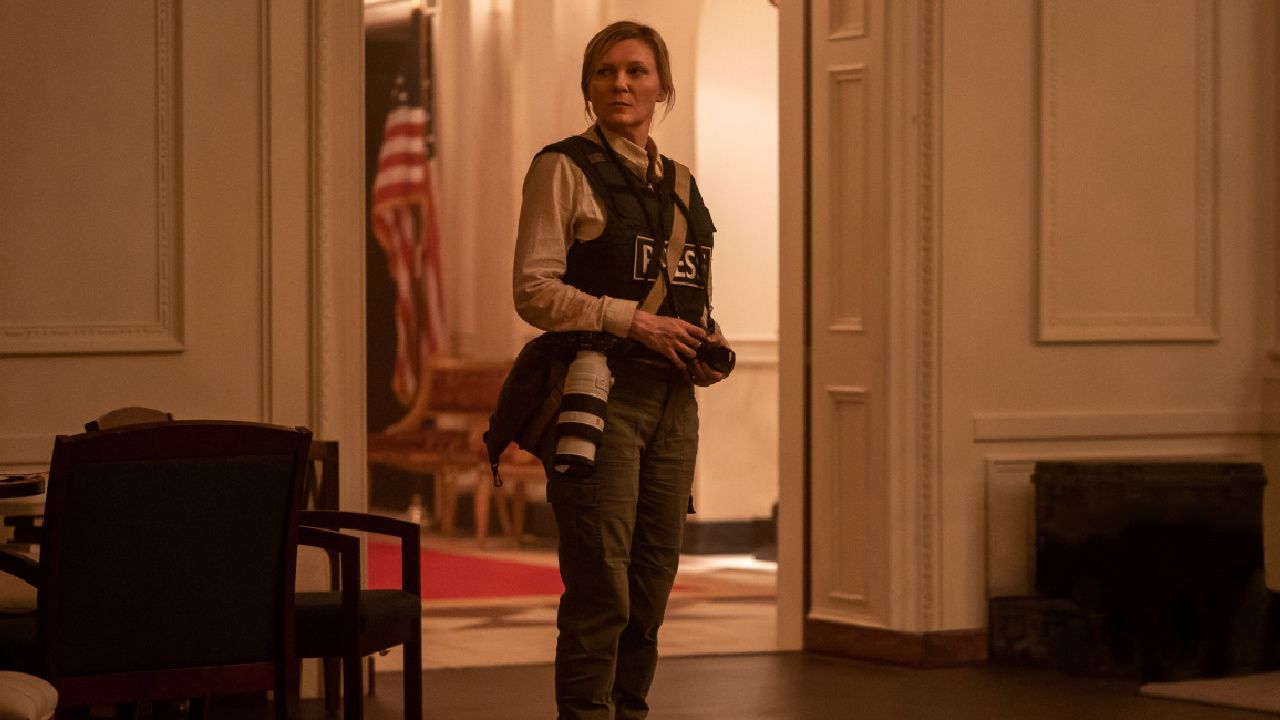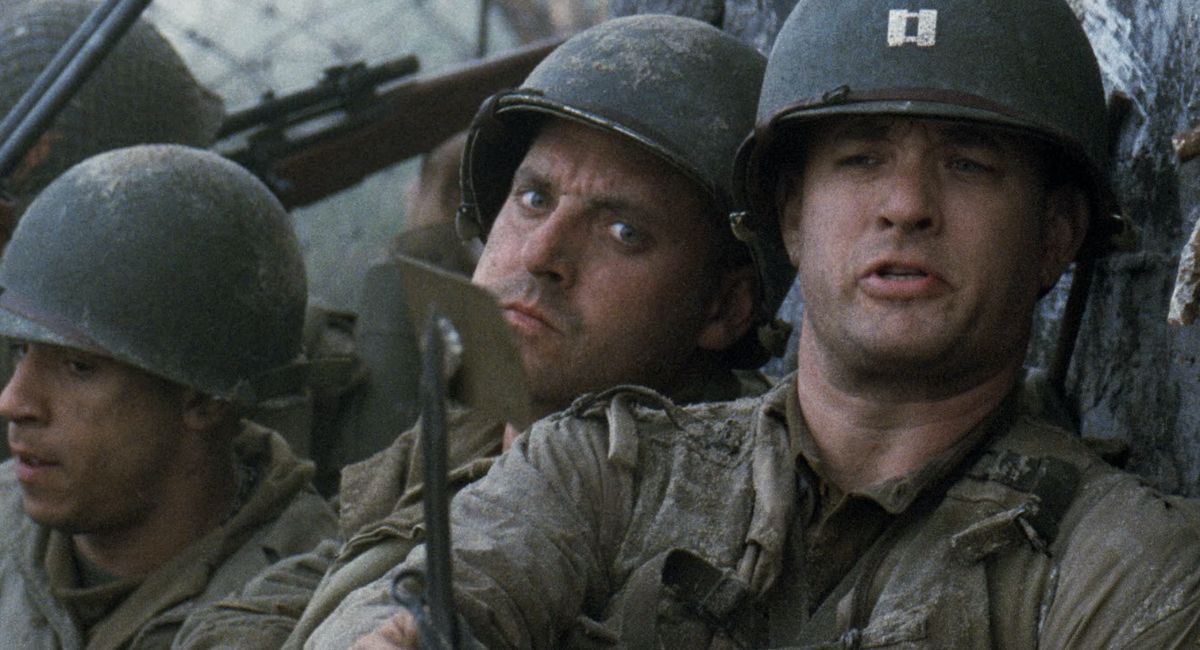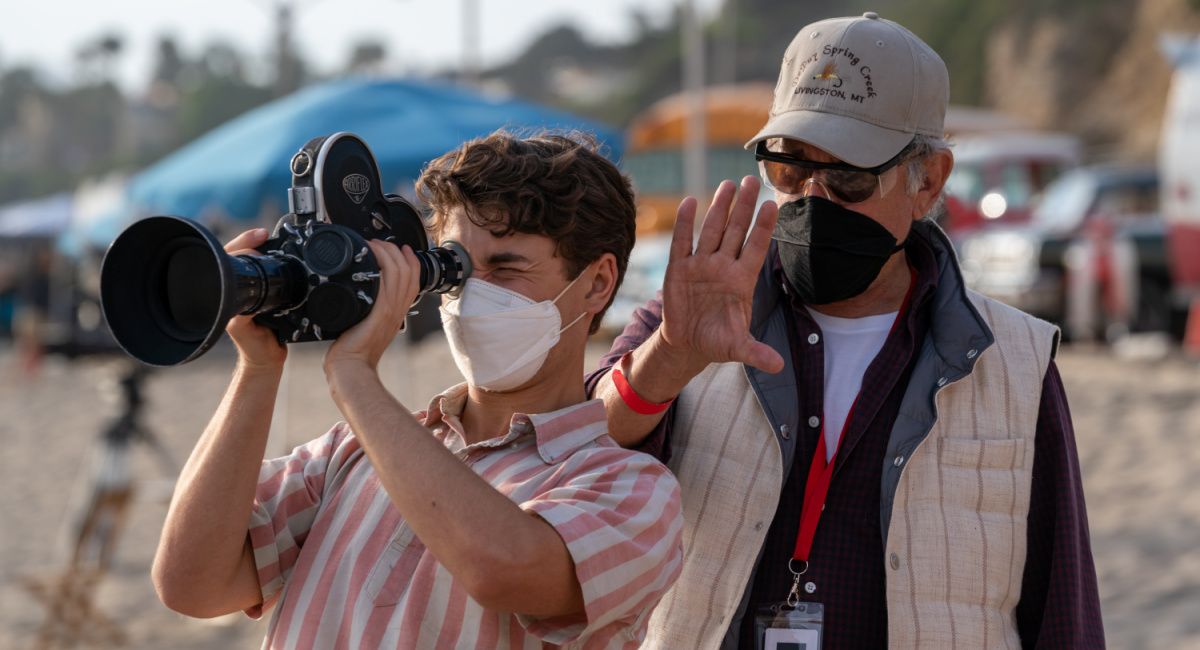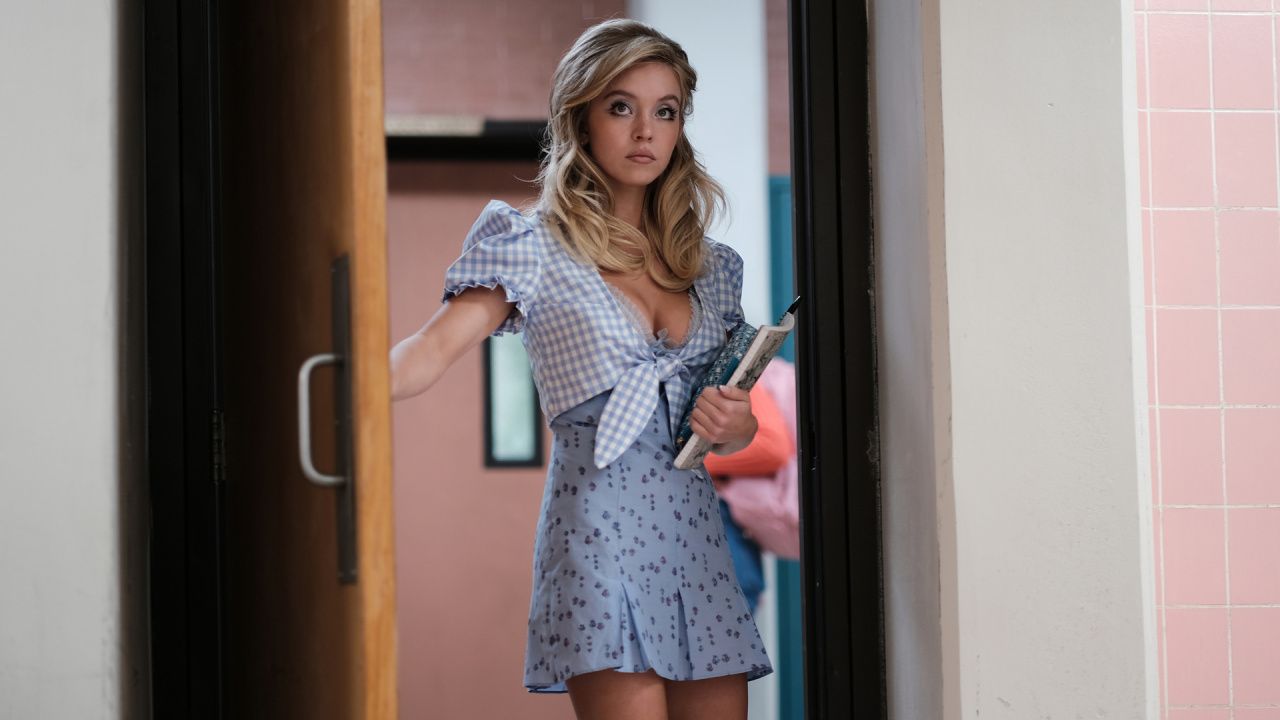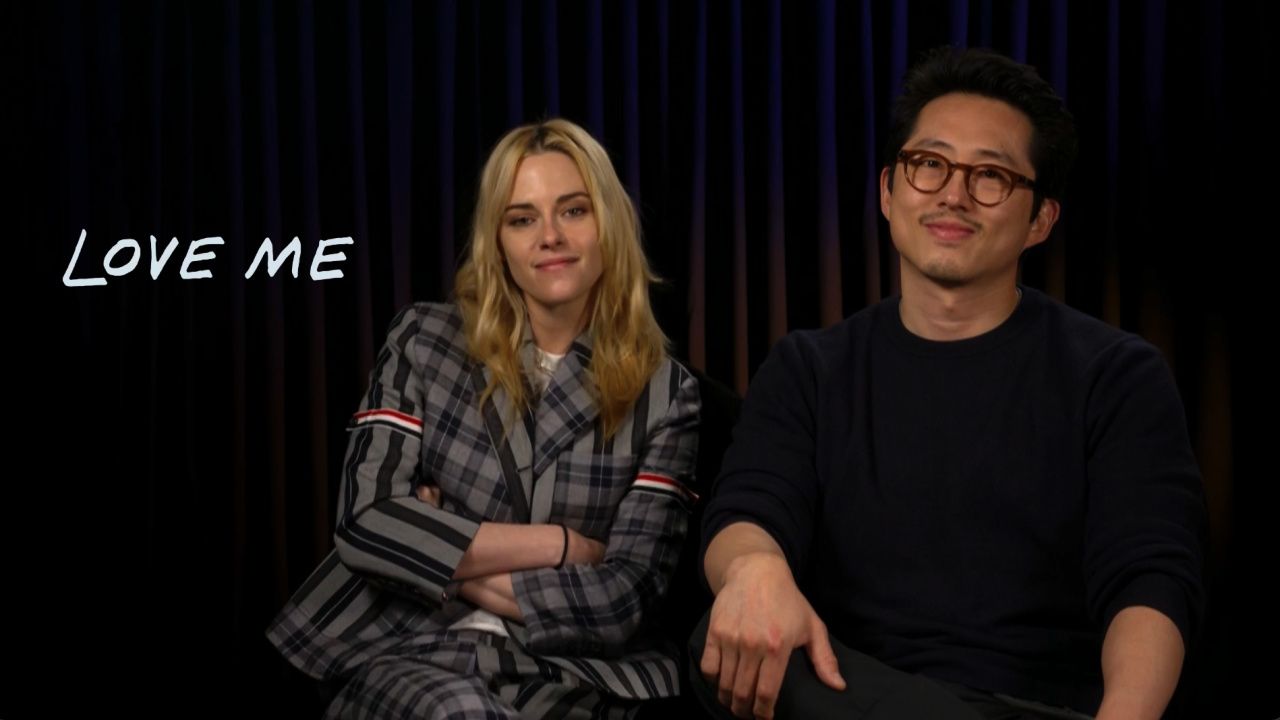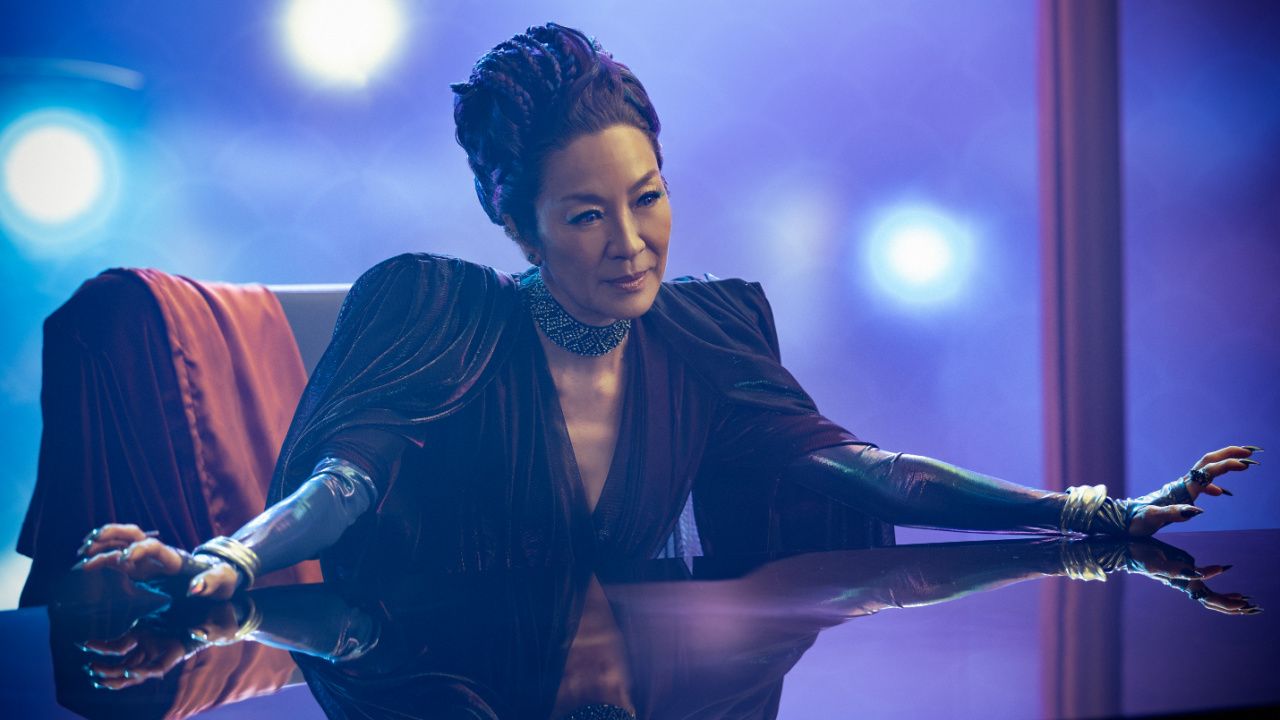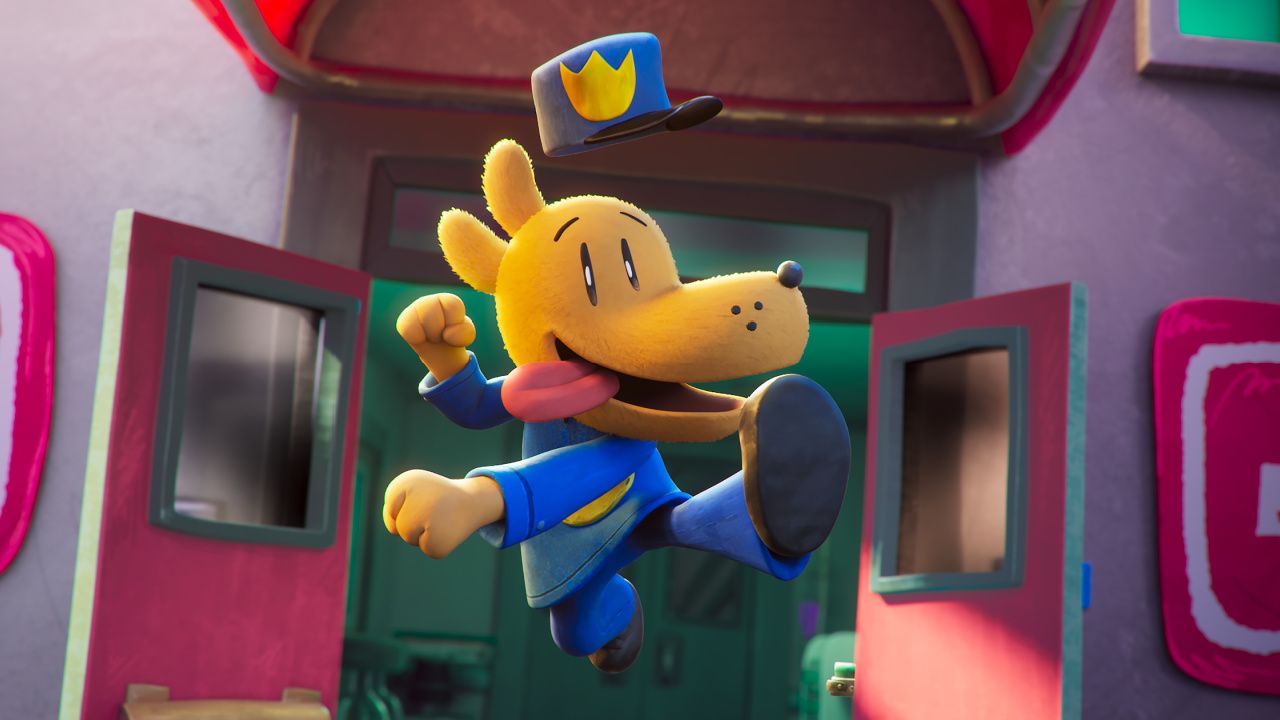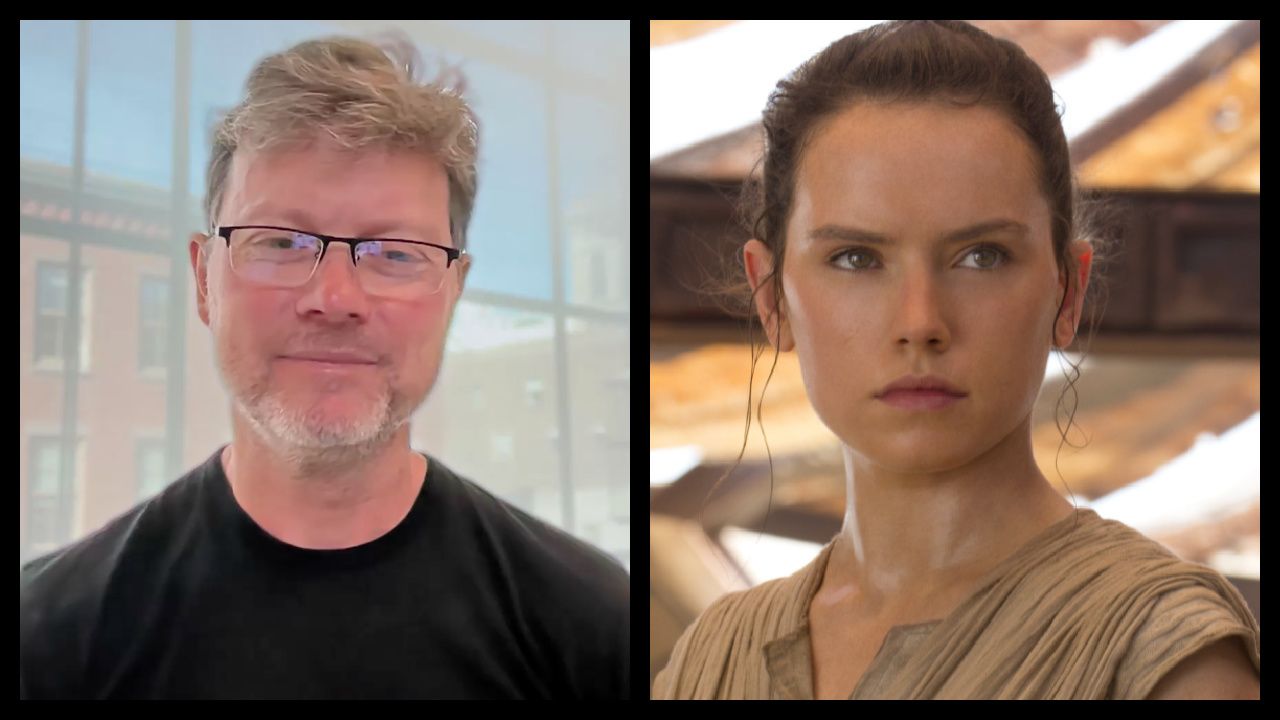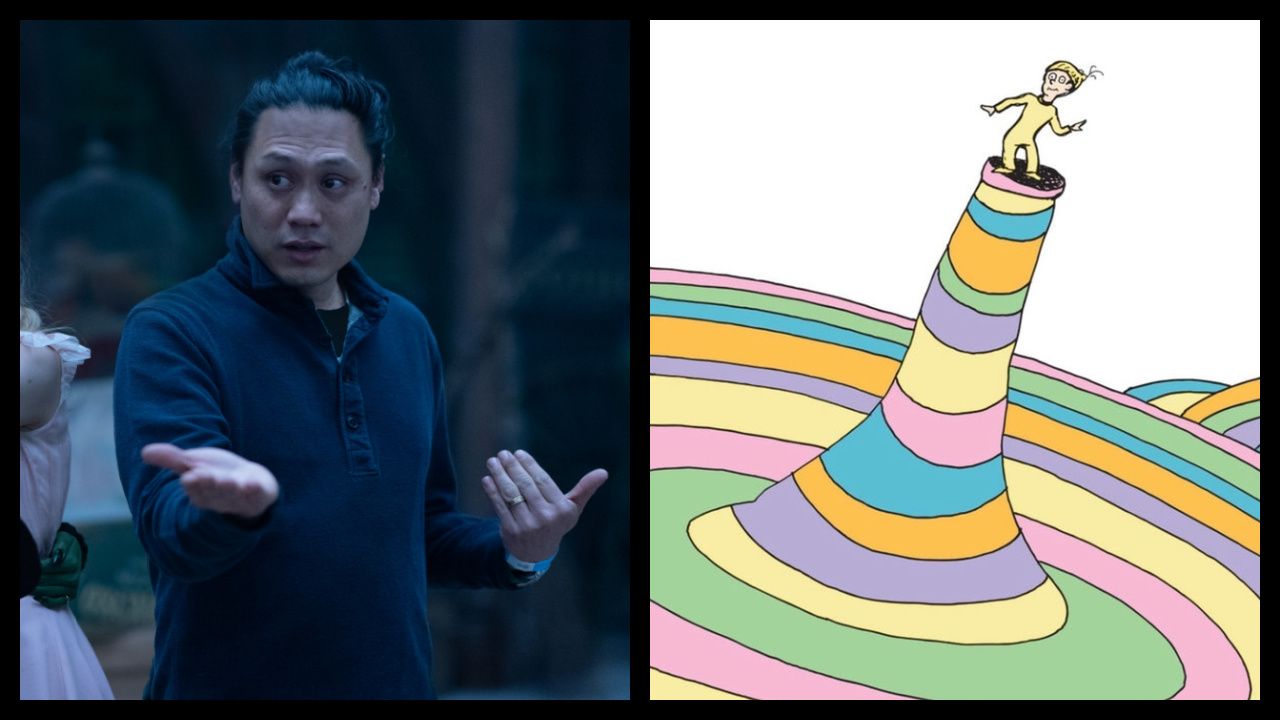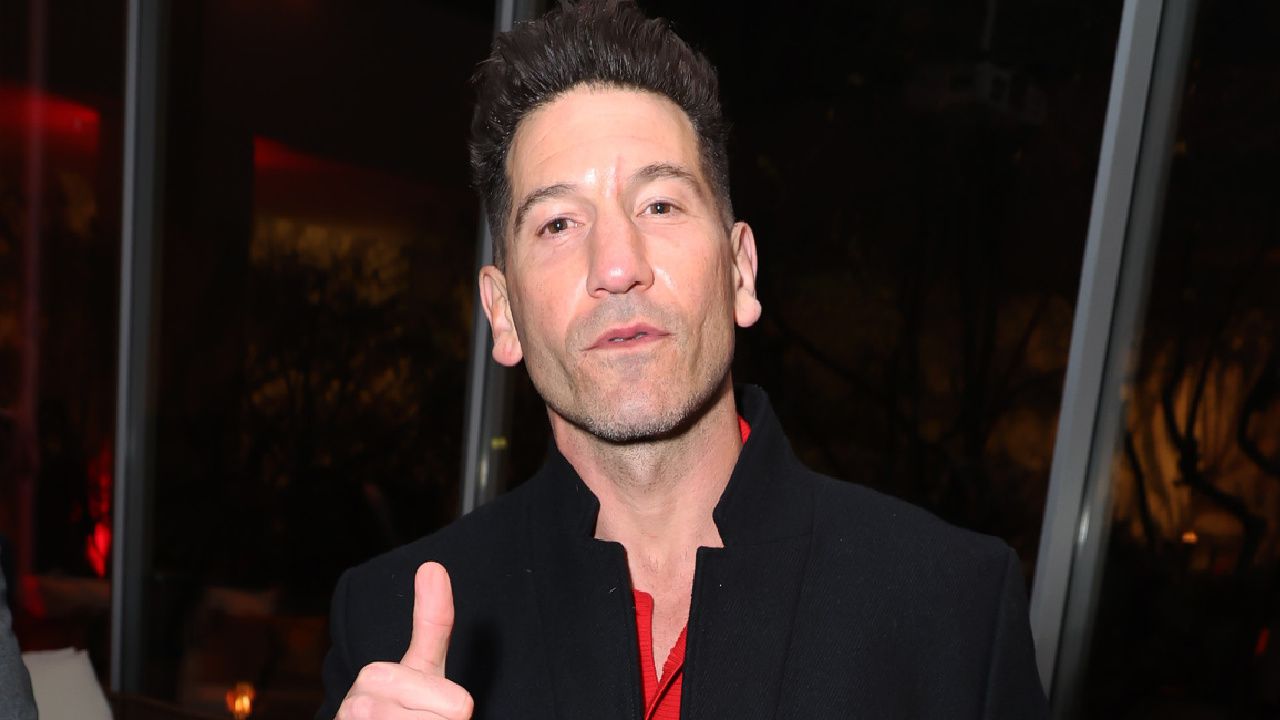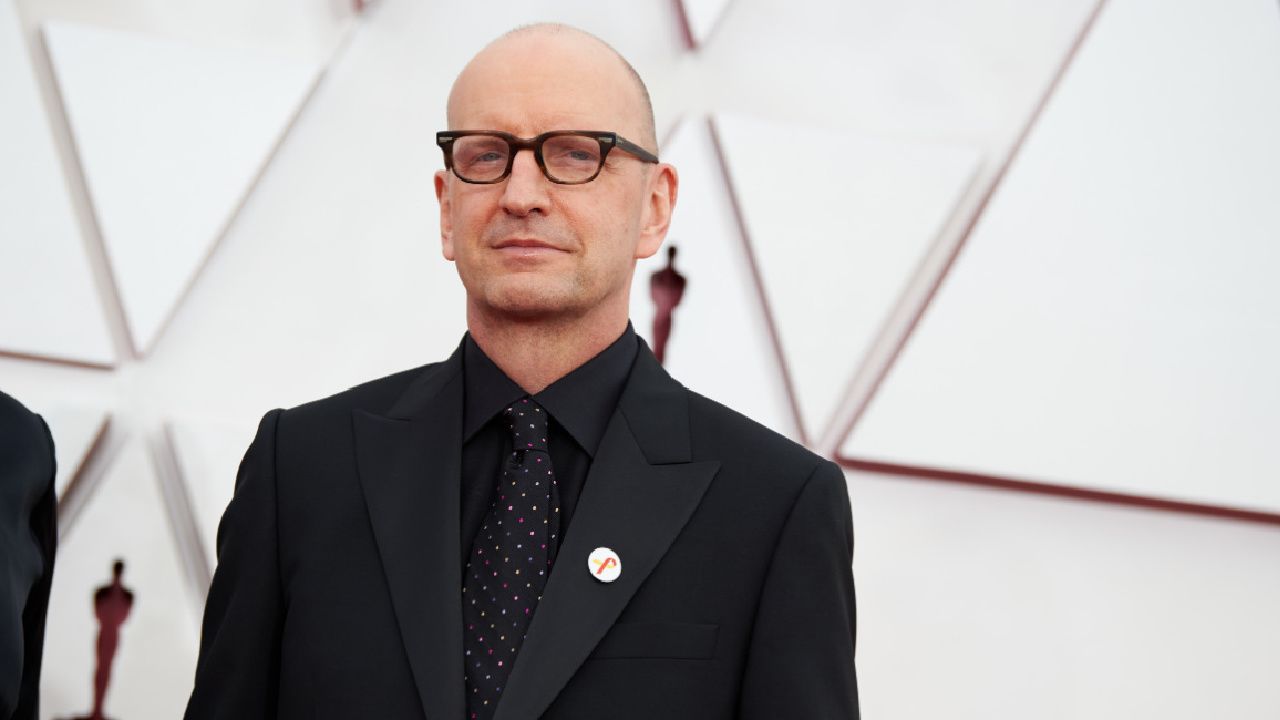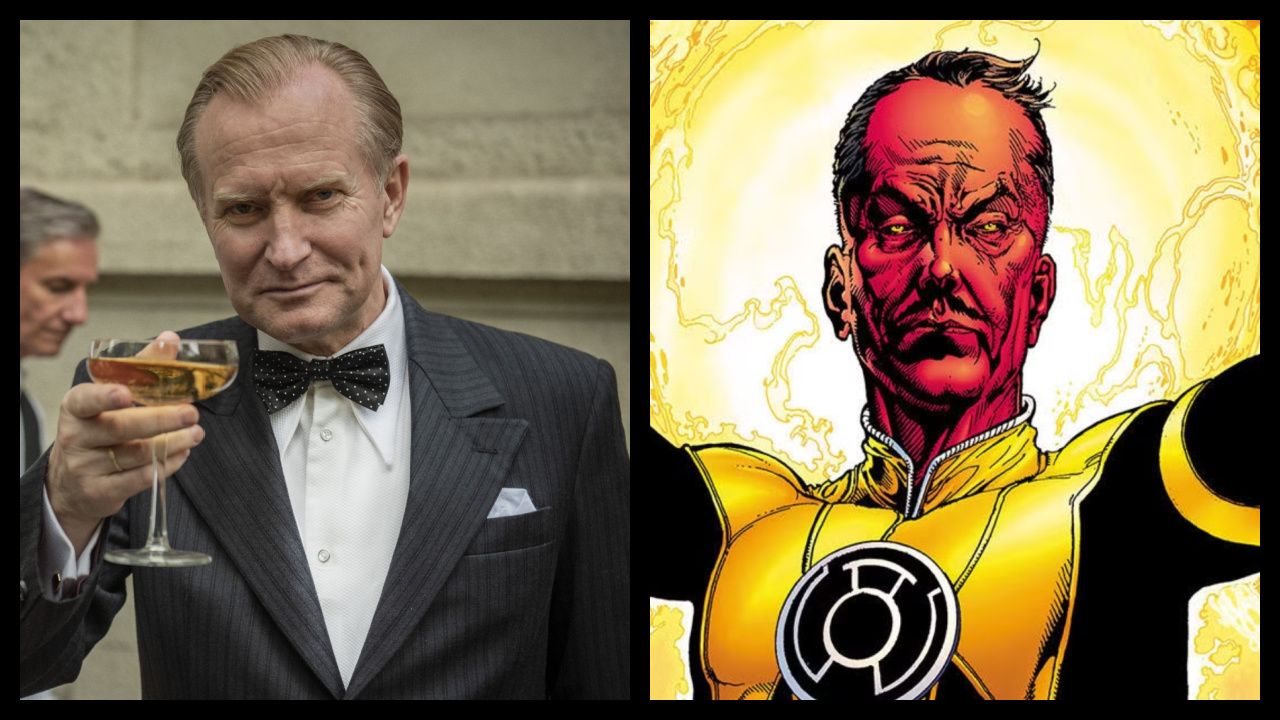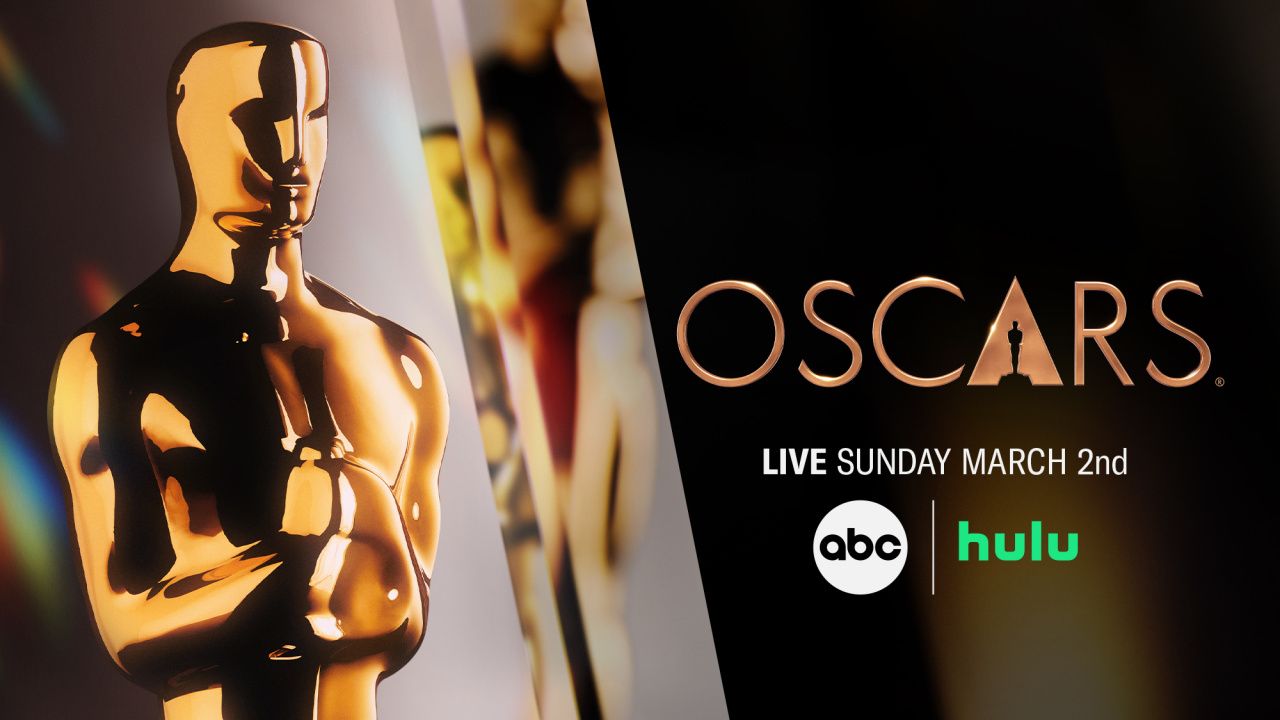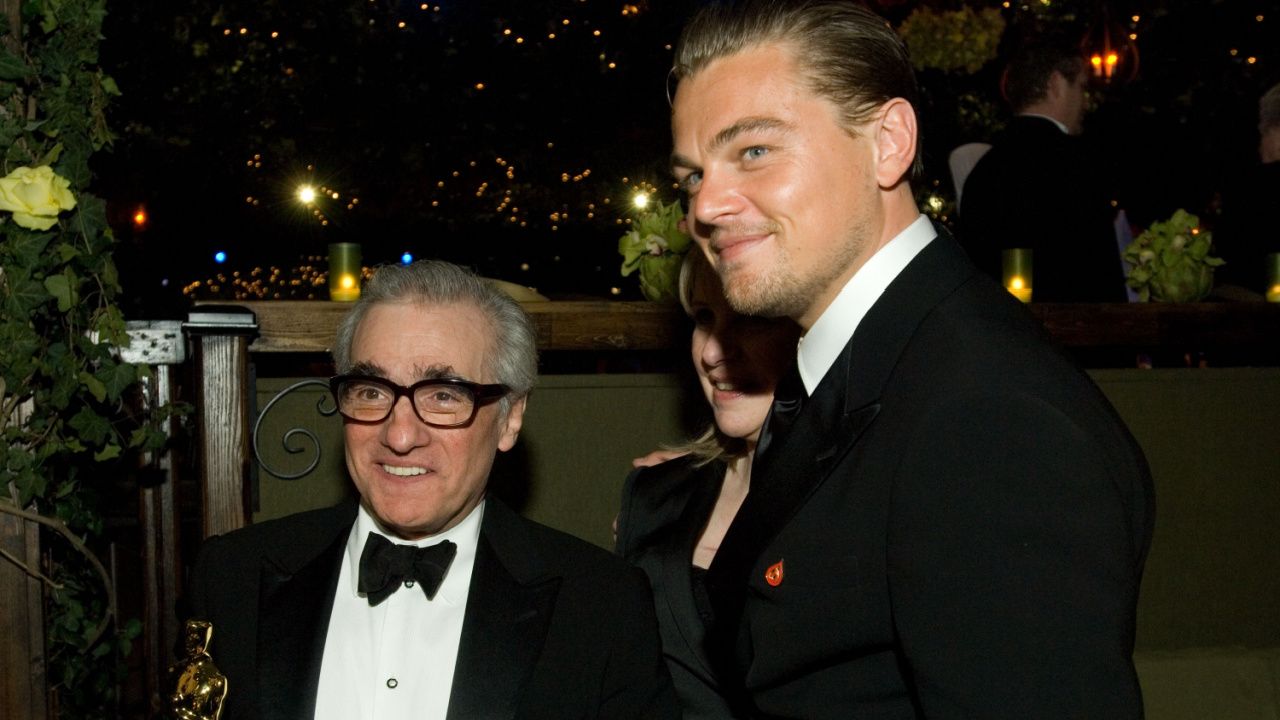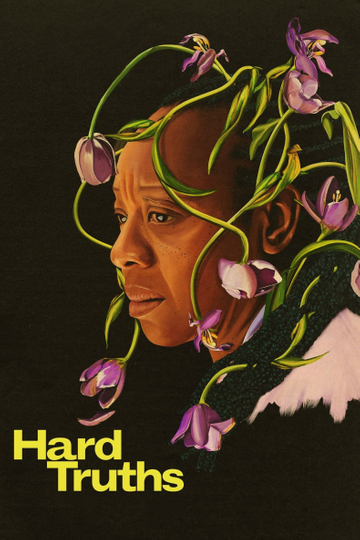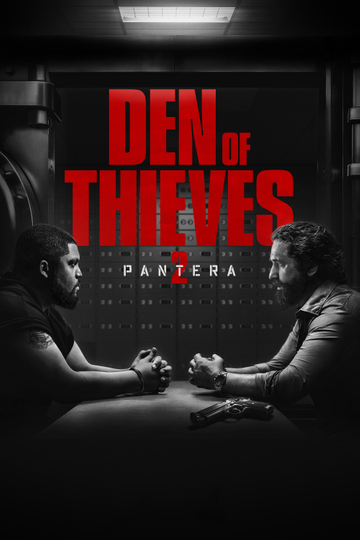Top Rated Movies That Should've Won Oscars
The Academy of Motion Picture Arts and Sciences -- that group of secret film wizards most known for handing out naked golden statues to very pretty people once a year -- is made up of plain old human beings. Just like you have opinions, and just like your Aunt Bertha who tries to communicate with her cats using telepathic crystals has opinions, these movie-making humans have opinions too. And when you've been around as an organization for 90-ish years like the Academy has, you're bound to throw out some, uh, questionable opinions now and again. And again. And again. Time to grit those teeth and embrace the snubs.
Facts to Tick Off Your Film Professor
Let's start with the big one: "Citizen Kane" did not win Best Picture in 1942. Ever heard of "How Green Was My Valley"? Well, now you have, because that's what won. It's not that John Ford's "Valley" is a bad movie by any stretch -- it's just a question of horrendously bad foresight. Ask yourself which film left a bigger mark on film classes, cinema, and pop culture over the next 70 years, and you'll understand why this is the "should've won" to beat all "should've wons."
And while you're giving your film professor a stroke, feel free to rattle off this list of filmmakers who, like Orson Welles for "Kane," never took home Best Director awards: Alfred Hitchcock, Stanley Kubrick, Akira Kurosawa, Quentin Tarantino, Federico Fellini, Sergio Leone, Robert Altman, Ingmar Bergman, and Charlie Chaplin. And that's the tip of the Oscar-fail iceberg.
And the Oscar Goes to ... the Safest Choice Possible
The Academy might not be a hive-mind, but it has most definitely displayed some strong preferences over the last nine decades. It likes drama. It loves history. It has a thing for biographies. Tears are unequivocally good. And, as "Tropic Thunder" taught us, a mentally challenged protagonist translates to trophies. When the '95 ceremony rolled around, a little flick called "Forrest Gump" conveniently ticked just about all of those boxes. Another critical contender, "Pulp Fiction," ticked just about none. Take a guess at what won.
Now, "Gump" is a beloved film. But few will argue that "Pulp" not only inspired a slew of post-Tarantino imitators, it left a mark on cinema bigger than any box-of-chocolate-inspired anecdotes possibly could. But at least Oscar's predilection for safe choices wasn't without precedent -- back in '81, the Wonder Bread family drama of "Ordinary People" managed to rob the Best Picture prize from more brutal movies like "Raging Bull" and "The Elephant Man." That year, Robert Redford's directorial prowess -- which can best be described as "sort of like a made-for-TV movie" -- defeated the combined forces of Martin Scorsese and David Lynch.
Fun fact: Both the Three 6 Mafia and Roberto Benigni ended up with statues before Scorsese. Poor Marty.
Snub Like It's 1999
Snubs are subjective, and to some extent or other, they happen every year. But 1999 will go down in Oscar history as the Ultimate Snubstorm. In any other year, "Shakespeare in Love" would've been remembered as a sharply written romantic comedy with neat Shakespearean trappings and smoking hot leads. But something in the Academy's drinks said otherwise; not only did "Shakespeare" steal the spotlight from "that other" Elizabethan movie -- "Elizabeth," which gave the world the too-talented-to-exist Cate Blanchett in the title role -- Academy voters somehow forgot that "Saving Private Ryan" was also a Best Picture nominee. To this day, World War II buffs, Steven Spielberg loyalists, and Tom Hanks enthusiasts can't even glance at a Joseph Fiennes movie without breaking into irrational tears. It's like a movie-nerd "Fight Club" -- you just don't talk about the "Saving Private Ryan" snub.
Sources












